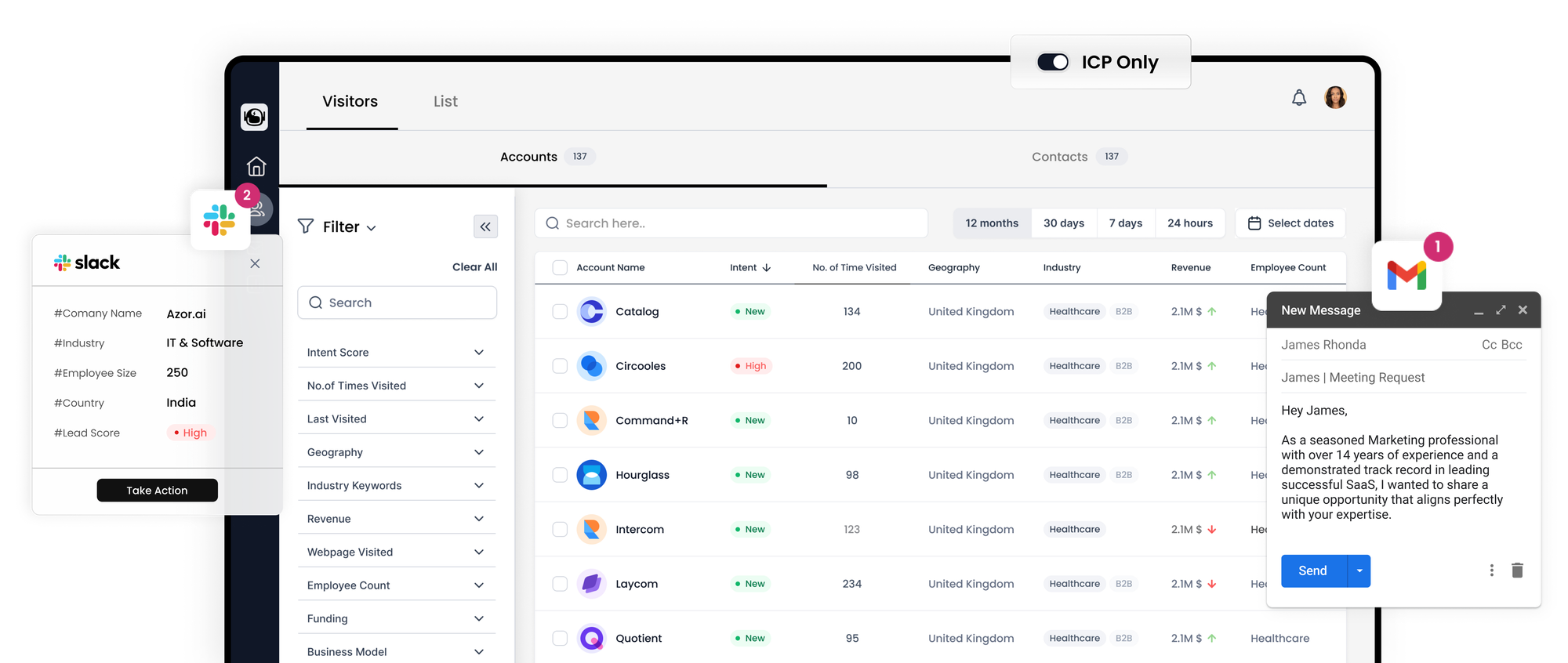Marketing for Businesses: Strategies and Benefits

Marketing within the business realm involves direct transactions between companies or organizations. This includes a vast array of commercial businesses, governmental entities, and institutions, all participating in the exchange of products or services. These products or services may be resold, incorporated into other offerings, or utilized to facilitate organizational operations. This aspect of marketing not only promotes business visibility but also aims to elevate profitability.
While the concept of trade between merchants is as ancient as commerce itself, the specific practice of business marketing is more contemporary. Various types of marketing exist within this domain, such as business-to-business (B2B), business-to-consumer (B2C), and business-to-developer (B2D) marketing, with B2B marketing being the most synonymous with business marketing.
Historical Context
The tradition of trade and commerce is timeless, stretching back to the very roots of cultural exchanges. Yet, the specific academic focus on business marketing is a modern phenomenon. Despite its significant role, it remained overshadowed by the flashier consumer marketing for some time. The tide shifted in the latter half of the 20th century, with increased scholarly attention and dedicated platforms like academic journals and conferences. Today, it's a focal point for many marketing degree programs, with a significant number of marketing graduates commencing their professional journey in the business sector.

Internal and External Efficiencies
The success of a business lies not just in its ability to create value through efficient production and service delivery (internal efficiency) but also in its proficiency in engaging the market and generating maximum yield from its outputs (external efficiency). When these two efficiencies align, particularly within a conglomerate of co-owned businesses, it can lead to the formation of an internal marketplace that capitalizes on shared external economies of scale.
Interaction with Consumer Markets
Business markets are inherently linked to consumer markets as they respond to the indirect demand stemming from consumer needs and preferences. A rise in consumer demand for electricity, for example, may spark a chain reaction of demand throughout various business markets - from energy plants to the multitude of manufacturers that produce the components for these plants. This interconnection suggests that a vibrant consumer market can stimulate an entire ecosystem of business markets.
Economic Growth and Business Opportunities
As consumer purchasing power surges, this often results in a buoyant economic environment, which in turn, bolsters business markets. The growth in one sector can catalyze expansive growth in several associated industrial markets, driving demand for raw materials, manufacturing equipment, and various services. This multiplying effect underscores how business and consumer markets are deeply interwoven, with each consumer need potentially giving rise to a plethora of business market demands.
Business Marketing: Strategies, Evolution, and Online Influence
Business marketing is a practice that involves selling products or services by one company to other companies or organizations, which may then integrate them into their own products/services, resell them, or utilize them to support their operations. It’s an integral part of fostering business growth and increasing profitability.
The scope of business marketing includes several forms, like B2B (business-to-business), B2C (business-to-consumer), and B2D (business-to-developer) marketing, but is primarily synonymous with B2B marketing.
Origins and Development
Trading goods and services between businesses is an age-old practice, but business marketing as a specialized field has evolved considerably, particularly in the last few decades. It has grown out of the shadow of consumer marketing and has developed into a field rich with research, tailored strategies, and significant scholarly interest.
The Dynamics of Business vs. Consumer Marketing
Business marketing and consumer marketing are distinct in several ways. Business marketing typically involves shorter and more direct distribution channels. While consumer marketing targets large groups through mass media and retailers, business marketing tends to be more personal, with relationships often forged through direct interactions.
Business marketers allocate a smaller portion of their promotional budgets to advertising, which is often channelized through direct mail and industry-specific publications. However, such limited advertising still plays a crucial role in facilitating successful sales engagements.
Key Factors in Business Marketing
Target Market: Business products and services often cater to a niche market with specific needs, which demands well-informed marketing strategies based on firmographics and insightful business intelligence.
Pricing: In business markets, there's often room for premium pricing strategies, provided they're backed by strong branding and the value proposition aligns with the target market's needs.
Market Size: Business marketers cater to the largest market of all. The volume of B2B transactions surpasses that of B2C transactions, with major companies like GE and IBM spending substantial sums daily on various operational needs.
Strategic Approaches
Identifying the target market: The process entails a deep understanding of specific industries or niches, involving multiple influencers in the purchasing decision.
Adapting to Pricing Strategies: Navigating through the premium pricing strategies in the business market can be achieved with the support of a well-positioned brand.
Market Size and Growth: The business-to-business market size is significant, with vast opportunities for growth and development. It operates on the principle of derived demand, where business demands are driven by consumer needs.
Growth and Influences
The expansion of business marketing is influenced by various revolutions:
Technological Revolution: Rapid advancements in technology accelerate new product and service development, with the Internet playing a pivotal role in this evolution.
Entrepreneurial Revolution: The agility of businesses in adapting to changing market conditions is essential, with a focus on customization and innovation.
Marketing Revolution: There’s a shift from transaction-focused marketing to building relationships, partnerships, and customized marketing programs.
Internet's Impact on Business Marketing
The digital age has given rise to new forms of business intermediaries. Infomediaries, like Google and Yahoo, facilitate the online marketing environment by offering search and advertising services, while metamediaries provide comprehensive online platforms for multiple products, vendors, and services, earning commissions on sales.
Business Marketing and the Internet
The internet has transformed business marketing by introducing new intermediaries:
Infomediaries offer brokerage services in the digital marketing domain, including search engine optimization and advertising.
Metamediaries present a comprehensive online platform that offers a multi-product, multi-vendor, and multi-service marketplace, usually in return for sales commissions.
By integrating these diverse strategies and harnessing the power of the Internet, businesses can tailor their marketing efforts to achieve maximum efficiency and penetrate deeper into their respective markets.
